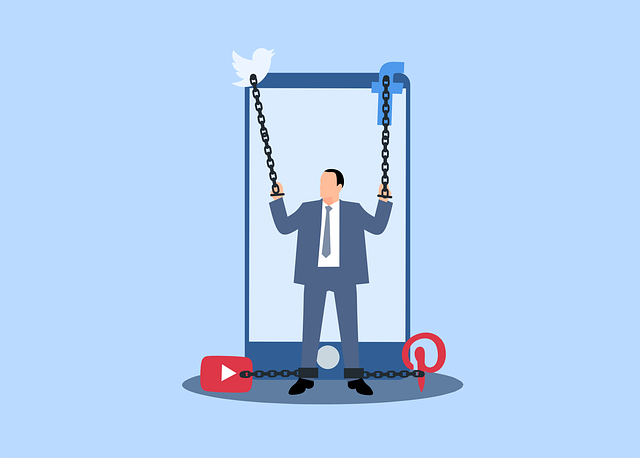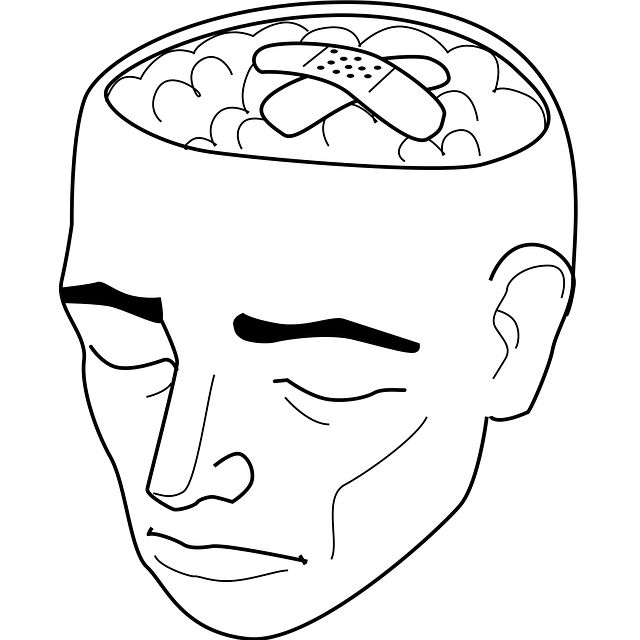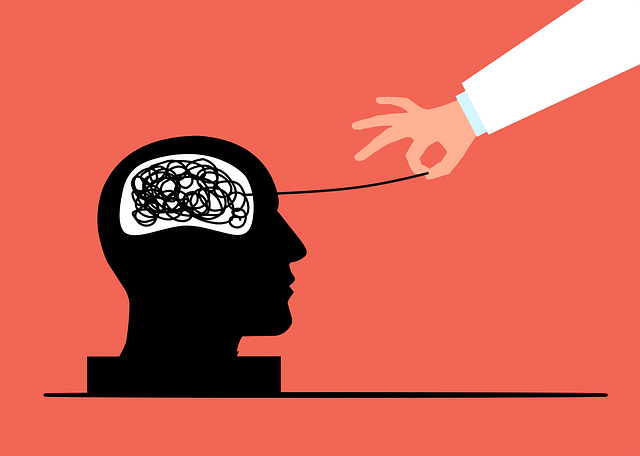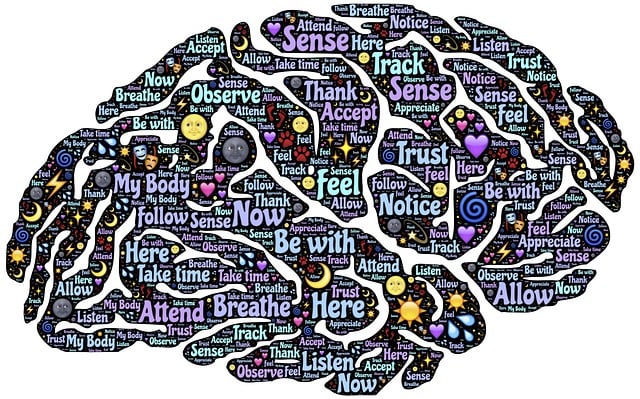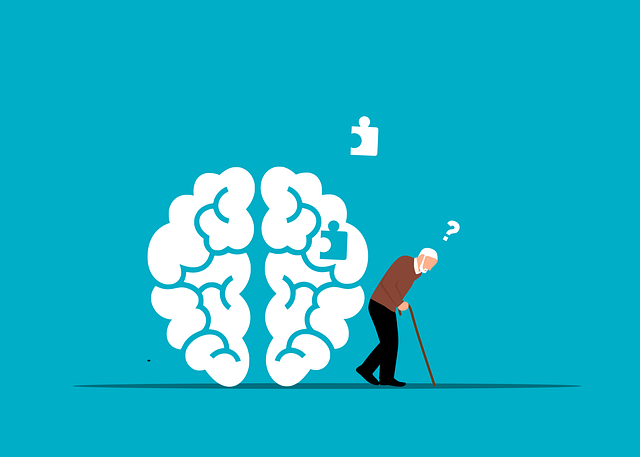Mental health is a complex yet essential aspect of human life, and its unique nature requires personalized care. The article highlights the growing need for accessible mental healthcare, especially in the Russian-speaking community, through digital therapy platforms. It emphasizes the importance of understanding cultural nuances, like 'dushra', to develop apps tailored to local needs. Key features include secure video conferencing with therapists, stress management tools, and mood tracking. Privacy and security are vital when handling sensitive data, requiring robust encryption and transparent practices. By combining these elements, digital mental wellness apps can provide superior Russian-speaking therapy, break down barriers to care, and significantly improve access to effective psychological support.
In today’s digital age, mental wellness app development is revolutionizing access to personalized support. As the demand for digital therapy soars, understanding cultural nuances, like those specific to the Russian-speaking community, is crucial for creating effective solutions. This article explores the rise of digital therapy, delves into cultural considerations in app design, highlights key features for success, and emphasizes the importance of privacy, security, and ethical practices in superior Russian-speaking therapy applications.
- Understanding Mental Health and the Need for Personalized Support
- The Rise of Digital Therapy: Benefits and Opportunities
- Developing a Russian-Speaking Mental Wellness App: Cultural Considerations
- Key Features for an Effective Therapy Application
- Ensuring Privacy, Security, and Ethical Practices in Digital Mental Health Care
Understanding Mental Health and the Need for Personalized Support

Mental health is a complex and multifaceted aspect of human well-being that encompasses our emotional, psychological, and social state. It influences how we think, feel, and act in various situations, impacting our ability to cope with stress, make choices, and relate to others. Understanding mental wellness involves recognizing that it exists on a spectrum, ranging from optimal resilience to severe conditions like depression or anxiety disorders. This recognition is crucial as it debunks the stigma surrounding mental health issues and paves the way for early intervention and personalized support.
Personalized support in mental health care is essential because every individual experiences and expresses their mental health uniquely. What works for one person may not be effective for another, making a one-size-fits-all approach inadequate. For instance, some individuals might benefit significantly from cognitive-behavioral therapy (CBT), while others may find solace in mindfulness practices or creative expression therapies. Incorporating superior Russian-speaking therapy options caters to the diverse linguistic needs of users and ensures accessibility for those who feel more comfortable expressing themselves in their native language. Additionally, emotional regulation techniques, empathy building strategies, and self-esteem improvement exercises tailored to individual needs can empower users to navigate life’s challenges with greater resilience and well-being.
The Rise of Digital Therapy: Benefits and Opportunities

The digital therapy landscape is experiencing a profound shift, with mental wellness apps gaining immense popularity as effective tools for improving overall well-being. This rise in digital therapy offers numerous benefits, especially for those who may face barriers to accessing traditional in-person services. With advancements in technology and increased access to smartphones, individuals can now connect with qualified therapists from the comfort of their homes, breaking down geographical constraints.
The integration of online therapy has opened doors for diverse populations, including Russian-speaking communities. Superior Russian-speaking therapy apps cater to this often-overlooked segment, ensuring cultural sensitivity and accessibility. These platforms provide a safe space for individuals to explore and address their mental health concerns, facilitating self-esteem improvement and social skills training. Moreover, the convenience of digital therapy encourages more people to seek help, leading to increased public awareness campaigns development and overall advancements in mental wellness support.
Developing a Russian-Speaking Mental Wellness App: Cultural Considerations

Developing a mental wellness app tailored for Russian-speaking communities requires careful consideration of cultural nuances and preferences to ensure its effectiveness and accessibility. In many Russian-speaking regions, there may be unique perspectives on mental health and well-being shaped by historical, social, and religious factors. For instance, the concept of ‘dushra’ (a mix of distress and guilt) is prevalent in some cultures, influencing how individuals express and cope with emotional struggles. Therefore, an app should be designed to address these specific symptoms and cultural barriers to mental health care.
The success of a Russian-speaking therapy app lies in its ability to incorporate culturally sensitive content and features. This might involve collaborating with local healthcare providers and experts to ensure the accuracy and relevance of information. Offering personalized mood management tools, guided meditations, or cognitive-behavioral therapy techniques adapted to Russian cultural contexts can significantly enhance user engagement. Additionally, providing resources for Mental Health Policy Analysis and Advocacy can empower users to navigate the healthcare system more effectively. Aiming for superior Russian speaking therapy, developers should strive to create an inclusive app that resonates with users’ cultural identities and promotes open conversations about mental wellness.
Key Features for an Effective Therapy Application

In today’s digital age, developing a mental wellness app that offers superior Russian-speaking therapy services can significantly contribute to improving access and quality of care for a diverse population. A robust application should prioritize key features that enhance therapeutic experiences, such as secure video conferencing for real-time sessions with licensed therapists, allowing users to receive professional support from the comfort of their homes.
Additionally, integrating tools for stress management, trauma support services, and mental wellness tracking can dramatically improve user engagement. Features like mood trackers, mindfulness exercises, and personalized meditation plans not only empower individuals to actively participate in their healing process but also foster a sense of self-awareness and resilience. These combined elements create an effective therapy application tailored to meet the unique needs of users seeking superior Russian-speaking therapy services.
Ensuring Privacy, Security, and Ethical Practices in Digital Mental Health Care

In the digital age, developing mental wellness apps offers immense potential to reach a wide audience, especially those who might face barriers in accessing traditional therapy services. However, ensuring privacy, security, and ethical practices is paramount when dealing with sensitive user data, including personal health information. Apps designed for social skills training or burnout prevention must adhere to stringent guidelines, particularly when catering to diverse populations like the growing Russian-speaking community seeking superior therapy options.
Users entrust their mental health professionals with intimate details, thus robust encryption methods and secure storage solutions are non-negotiable. Additionally, developers should focus on transparent data handling practices, obtaining informed consent, and providing clear privacy policies to foster trust. By prioritizing these measures, digital mental health care can effectively combat the stigma surrounding mental illness while offering accessible resources, especially in reducing barriers for Russian-speaking individuals seeking specialized therapy services.
The development of mental wellness apps, particularly those tailored to meet the unique needs of Russian-speaking communities, presents a promising avenue for accessible and personalized therapy. By leveraging digital technology while adhering to strict privacy and ethical standards, we can significantly enhance mental health support. A well-designed app, incorporating features like cultural sensitivity, secure communication, and evidence-based practices, has the potential to act as a superior Russian-speaking therapy solution, fostering better mental wellness outcomes for users.
